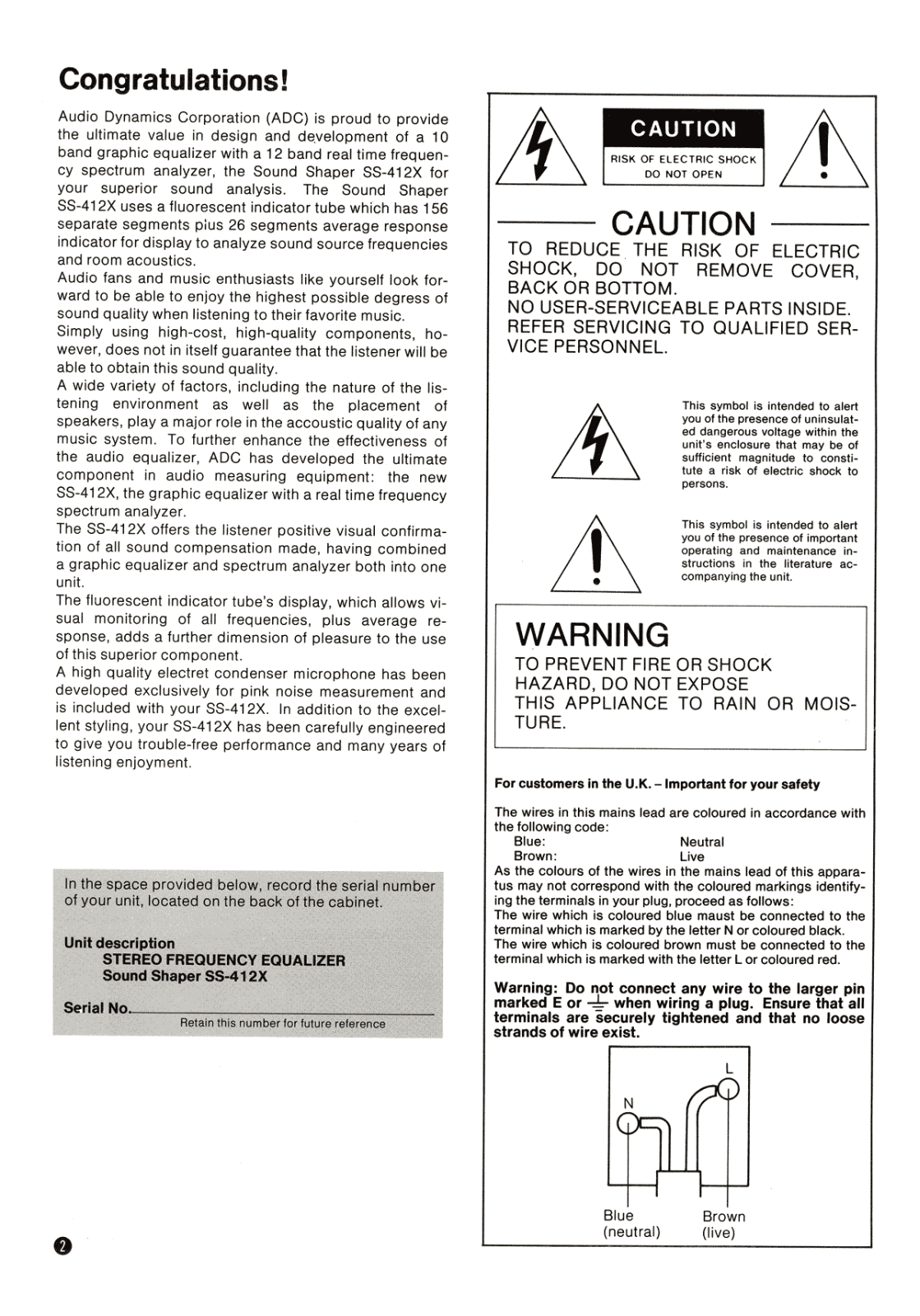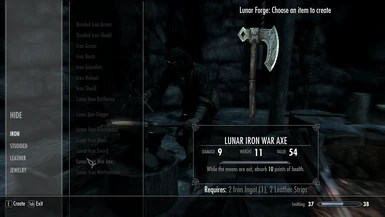

 All indicators are available only in the private webservice or standalone version. YARA signature "CN_Honker_Acunetix_Web_Vulnerability_Scanner_8_x_Enterprise_Edition_KeyGen" matched file "all.bstring" as "Sample from CN Honker Pentest Toolset - file Acunetix_Web_Vulnerability_Scanner_8.x_Enterprise_Edition_KeyGen.exe" based on indicators: "Patch,\dup2patcher.dll,load_patcher" (Reference: Disclosed CN Honker Pentest Toolset, Author: Florian Roth) YARA signature "CN_Honker_Acunetix_Web_Vulnerability_Scanner_8_x_Enterprise_Edition_KeyGen" matched process ".unipatch.exe" as "Sample from CN Honker Pentest Toolset - file Acunetix_Web_Vulnerability_Scanner_8.x_Enterprise_Edition_KeyGen.exe" based on indicators: "Patch,\dup2patcher.dll,load_patcher" (Reference: Disclosed CN Honker Pentest Toolset, Author: Florian Roth) YARA signature "CN_Honker_Acunetix_Web_Vulnerability_Scanner_8_x_Enterprise_Edition_KeyGen" matched file "1c02676ec1887bd18103b1a281ae7832c7777c2aa41585f5b5b6a12eb462e7d2.bin" as "Sample from CN Honker Pentest Toolset - file Acunetix_Web_Vulnerability_Scanner_8.x_Enterprise_Edition_KeyGen.exe" based on indicators: "Patch,\dup2patcher.dll,load_patcher" (Reference: Disclosed CN Honker Pentest Toolset, Author: Florian Roth) Reads information about supported languages Software packing is a method of compressing or encrypting an executable.Īdversaries may interact with the Windows Registry to gather information about the system, configuration, and installed software.
All indicators are available only in the private webservice or standalone version. YARA signature "CN_Honker_Acunetix_Web_Vulnerability_Scanner_8_x_Enterprise_Edition_KeyGen" matched file "all.bstring" as "Sample from CN Honker Pentest Toolset - file Acunetix_Web_Vulnerability_Scanner_8.x_Enterprise_Edition_KeyGen.exe" based on indicators: "Patch,\dup2patcher.dll,load_patcher" (Reference: Disclosed CN Honker Pentest Toolset, Author: Florian Roth) YARA signature "CN_Honker_Acunetix_Web_Vulnerability_Scanner_8_x_Enterprise_Edition_KeyGen" matched process ".unipatch.exe" as "Sample from CN Honker Pentest Toolset - file Acunetix_Web_Vulnerability_Scanner_8.x_Enterprise_Edition_KeyGen.exe" based on indicators: "Patch,\dup2patcher.dll,load_patcher" (Reference: Disclosed CN Honker Pentest Toolset, Author: Florian Roth) YARA signature "CN_Honker_Acunetix_Web_Vulnerability_Scanner_8_x_Enterprise_Edition_KeyGen" matched file "1c02676ec1887bd18103b1a281ae7832c7777c2aa41585f5b5b6a12eb462e7d2.bin" as "Sample from CN Honker Pentest Toolset - file Acunetix_Web_Vulnerability_Scanner_8.x_Enterprise_Edition_KeyGen.exe" based on indicators: "Patch,\dup2patcher.dll,load_patcher" (Reference: Disclosed CN Honker Pentest Toolset, Author: Florian Roth) Reads information about supported languages Software packing is a method of compressing or encrypting an executable.Īdversaries may interact with the Windows Registry to gather information about the system, configuration, and installed software. 
Malware, tools, or other non-native files dropped or created on a system by an adversary may leave traces behind as to what was done within a network and how. Installs hooks/patches the running process Windows processes often leverage application programming interface (API) functions to perform tasks that require reusable system resources. Opens the Kernel Security Device Driver (KsecDD) of Windows Loadable Kernel Modules (or LKMs) are pieces of code that can be loaded and unloaded into the kernel upon demand. Adversaries may execute a binary, command, or script via a method that interacts with Windows services, such as the Service Control Manager.







 0 kommentar(er)
0 kommentar(er)
